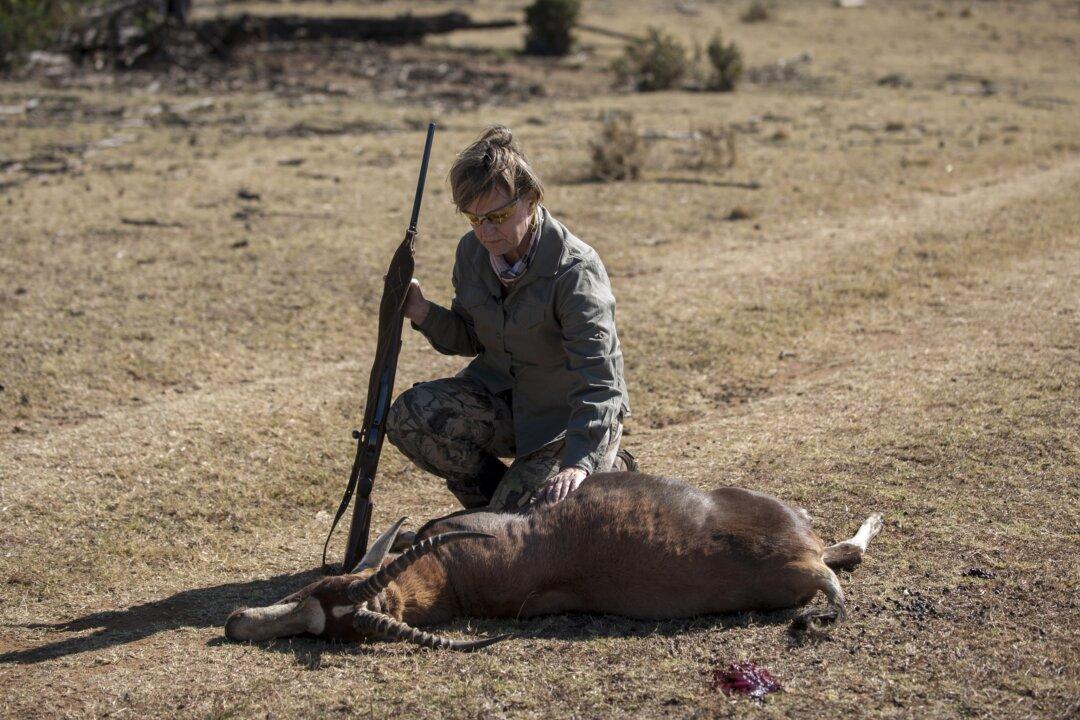Six African countries have written an open letter criticising the government’s plans to ban the import of hunting trophies and urging them to listen to scientists and experts on conservation.
In March, the Hunting Trophies (Import Prohibition) Bill was given a third reading, without a vote, in the House of Commons and is likely to become law, if approved by the House of Lords, who will debate it on Friday.





